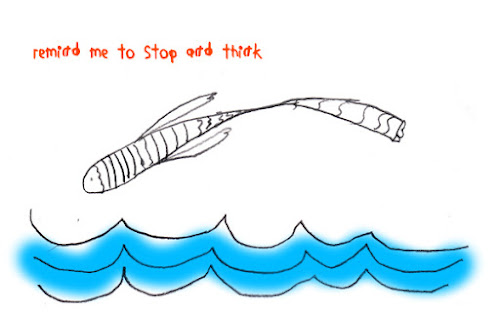Diet and Depression
Depression diets were first described in the 2nd millennium BCE. Special diets (including donkey’s milk!) were prescribed in ancient Greece and Rome; and nutritionists have since been looking for possible links between diet and depression. With 350 million sufferers globally; the search for effective treatment and prevention of depression is still on.
Link between diet and depression
Many people with moderate and severe depression are known to consume food of poor nutritional quality. This is often due to the symptoms of depression itself; such as the loss of appetite; lack of interest in day to day activities; and lack of motivation for self-care. Age, living alone, irregular and hectic work schedules, socio-economic status, cultural and religious taboos may further affect the quality of the diet.
The food we eat is broken down to its simplest forms in the intestines. The nutrients are then used to provide energy for the body and brain; and to synthesize essential compounds. Among them are the hormones and neurotransmitters which act as messengers in the brain. A lack of supply in the diet will therefore certainly affect production of these chemicals.
Bacteria present in our gut help in the breakdown, absorption and even in the synthesis of some of these essential compounds. The type of food we eat, in turn, affects the type of microbes in the gut Thus, there seems to be an important link between what we eat; the microbes in our gut, and all aspects of our health, including mental health.
What are the essential elements of the depression diet?
A diet including whole grains, leafy and colourful vegetables, fruits, nuts and legumes, high quality protein in the form of seafood, chicken and lean meats has been found to be positively correlated to mental health.- Whole grains contain complex carbohydrates, which are linked to the mood boosting neurotransmitter serotonin. Complex carbohydrates break down slowly in the body, lead to steady levels of glucose in the blood and thus avoid mood fluctuations.
- Proteins of high quality as in egg whites, chicken, fish, milk products, soy products, beans and legumes are the source of the amino acid tryptophan, which is the precursor of serotonin. Trace minerals - selenium, chromium, and zinc, present in beans, legumes, lean meats, dairy products and whole grains are also linked to the brain and mental health.
- Anti-oxidants combat the free radicals which cause cell damage in the brain. Rich sources of anti-oxidants are coloured vegetables such as pumpkin, carrots, spinach(containing beta carotene), citrus fruits, tomato, potato, guava (containing Vit C); nuts, seeds and vegetable oils (having Vit E)
- Omega 3 fatty acids play an important role in mental health and may be used as a supplement in depression. Mammals do not synthesize omega 3 fatty acids and depend on dietary sources which include fatty fish, flaxseeds, and nuts (especially walnuts).
Vitamin D and Depression
Low Vitamin D levels are often seen in depression, but no definite causal association has yet been found. Depression itself may cause low Vitamin D levels, as people with depression are less likely to go outdoors. It would be sensible to correct Vitamin D levels and include fish oils, fish and dairy products in the diet, but use supplements with caution.
In conclusion
Depression cannot be prevented or cured by a special diet. However, a sensible diet including whole grains, proteins, fresh fruits and vegetables will keep you looking and feeling good. Limiting refined starches (the so-called “beige diet” pasta, pizza, bread, baked goods), caffeine, and alcohol also has a beneficial effect on mood. Do not go for any extreme or ‘fad’ diet. It will only add further to your stress and anxiety. A recent study of depression patients shows that diet does not prevent, cure or relieve depression, but diet may have a significant role in recovery and prevention of depression
Diet and dietary supplements are never a substitute for a therapist.
References:
- Democritus Junior (Robert Burton). Anatomy of Melancholy (1652). Project Gutenberg release date January 13, 2004. Accessed 08-May-2017
- Rashmi Nemade, Natalie Staats Reiss, Mark Dombeck. Historical Understandings Of Depression. Sep 19, 2007. Accessed 08-May-17
- Rao TSS, Asha MR, Ramesh BN, Rao KSJ. Understanding nutrition, depression and mental illnesses. Indian Journal of Psychiatry. 2008;50(2):77-82. doi:10.4103/0019-5545.42391. Accessed 08-May-2017
- Drew Ramsey. Prescribing a Diet to Treat Depression. February 03, 2017. Accessed 08-May-2017
Did you know? Many celebrities and historical figures have suffered from depression. Writer JK Rowling, musicians and singers Lady Gaga, Bruce Springstein, Sheryl Crow, actors Robin Williams, Jim Carey, Gwyneth Paltrow, astronaut Edwin ‘Buzz’ Aldrin suffered from depression. Abraham Lincoln, also a sufferer, once said “If what I feel were equally distributed to the whole human family, there would not be one cheerful face on earth.”



